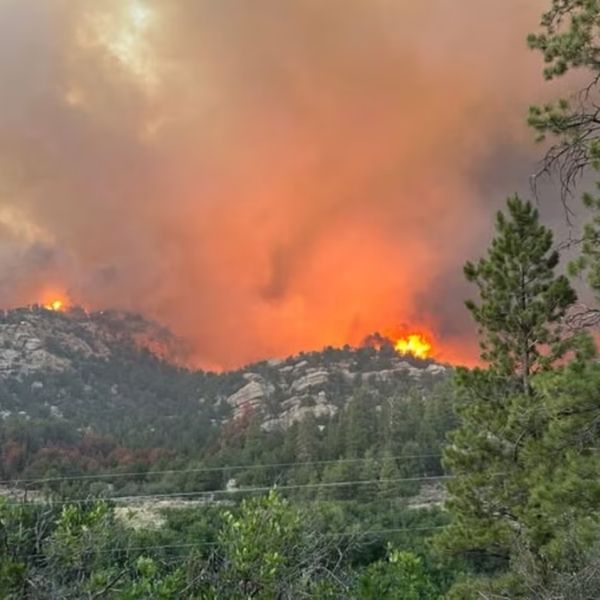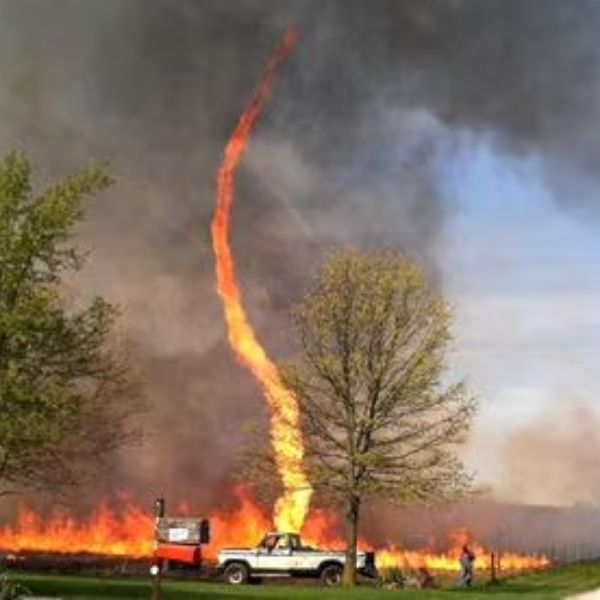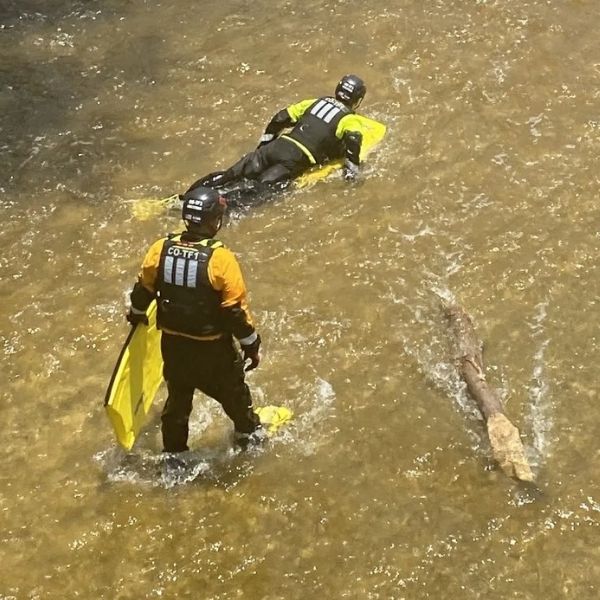Colorado oil and gas producers are gearing up to comply with new statewide mandates aimed at increasing the use of recycled water in drilling operations. Starting January 1, 2026, companies must ensure that at least 4% of the water used in oil and gas extraction comes from recycled produced water, with that percentage set to grow over time—10% by 2030, 20% by 2034, and 35% by 2038.
The mandate, approved by the Colorado Energy and Carbon Management Commission (ECMC), is part of a broader effort to conserve freshwater in the state and increase the reuse of produced water, which is typically disposed of in deep underground wells.
Wide Variance Across Colorado Basins
Recycled water usage varies significantly by region. In the Piceance Basin on the Western Slope, producers already recycle 85% to 95% of the water they use. In contrast, operators in the Denver-Julesburg Basin, especially in Weld County, currently reuse just 2% of water.
A Rare Consensus
The new rules were the result of nearly two years of negotiations between energy companies, environmental groups, and policy experts. The collaborative process led to a rare consensus that stakeholders on both sides praised.
“We appreciate the collaborative approach ECMC staff maintained throughout the rulemaking process,” said Lynn Granger, President and CEO of the Colorado Oil & Gas Association (COGA).
The rules are grounded in a 2023 state law that created a consortium to evaluate current industry practices and barriers to increased recycling. The initial 4% requirement reflects what’s feasible now, while future increases will depend on advancements in technology and infrastructure.
Key Requirements Starting Jan. 1
Oil and gas producers must:
-
Submit a recycled water plan as part of their development proposals.
-
Report the amount of fresh vs. recycled water used at each site.
-
Track and report vehicle miles traveled to transport water.
To encourage compliance and innovation, the ECMC also introduced a credit-trading system. Producers who exceed recycling goals can sell credits to those who fall short.
Looking Ahead: Infrastructure and Equity Concerns
To meet future recycling targets, companies must invest in storage and pipeline infrastructure to retrieve and transport recycled water to new drilling sites. However, a ban on new treatment and storage facilities in disproportionately impacted communities (DICs) could increase the need for trucking, which in turn raises transportation-related emissions.
To address this, the ECMC has formed two working groups—one to assess the impacts on DICs and another to study emissions from water transportation.
“Produced water is a complex matter… and we collectively found common good that puts in place protective measures,” said ECMC Chair Jeff Robbins.
Bigger Picture: More Regulations Coming
These water mandates come as the oil and gas industry faces a wave of new environmental regulations:
-
Requirements to cut air pollution from pipelines and compressor stations.
-
Upcoming September rulemaking by the Air Quality Control Commission on five priority toxic air contaminants, many linked to drilling.
Industry leaders say they are committed to continuing collaboration as these changes unfold.
“We’re committed to advancing responsible produced water management and recycling,” said a spokesperson for API Colorado.
These steps mark a pivotal shift in how Colorado’s energy sector manages water—a finite resource in a climate-conscious era.
















Leave a Reply